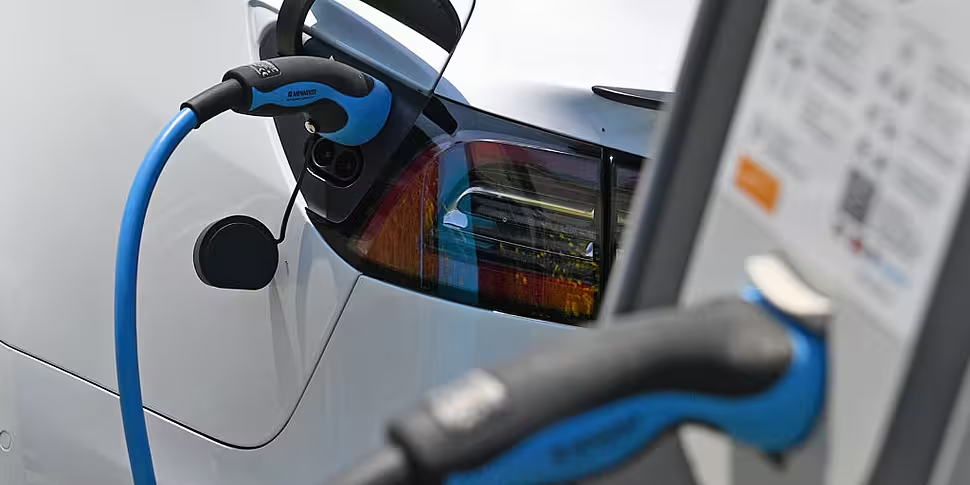People will give up their cars in the coming years as Ireland aims to reduce its carbon emissions, according to the former Chair of the Irish Transportation Research Network.
In January, the Government announced that all new petrol and diesel cars will be banned from Irish roads from 2030.
The measures are part of the Climate Action Bill, which aims to make the transport, agriculture, and energy sectors significantly reduce carbon emissions over the next decade.
Today, it emerged that experts in the UK learned that they won’t meet their climate targets unless half of all cars are electric by that date.
There are approximately 17,000 electric vehicles currently on the road in Ireland, with around 4,000 sold this year.
While new car sales are down this year, electric vehicles, which includes plug-in hybrids, have a market share of around 7%.
The main deterrents for people in purchasing electric cars are the initial cost, lack of choice and range of the vehicles.
Dr Brian Caulfield, Associate Professor at the School of Engineering at Trinity College Dublin, believes that the Government is focusing on electric vehicles becoming more popular in the future in order for national emissions to reduce.
Speaking on The Hard Shoulder, he said: "All of the hopes of the Government are pinned on electric vehicles to reduce emissions in transport.
"By 2030 we're looking at around 2.3 million private cars on our roads, over the last 20 years that's increased by 40%.
"So what I would argue is, do we need all these cars?
"The real emission changes, and if that's the target, will happen through people giving up their cars and moving to other modes of transport other than the private car."
Professor Caulfield believes that people getting rid of their cars will happen.
He said: "If you look at a city like Dublin, there isn't the space to charge vehicles on the street.
"People will opt into car or mobility ownership in that they're going to have a car however often they need it but when they don't need the car they can use alternatives."
He doesn't think that hydrogen cars will be a primary choice for motorists, rather he believes that electric vehicles are the future.
He added that there is "a high correlation" between the private installation of electric vehicle charging areas and affluent areas, meaning there "are a lot of issues" about equity and transitioning to a low carbon society.
Professor Caulfield said: "I do think the Government need to look at that and they need to look at it from an equity point of view."









